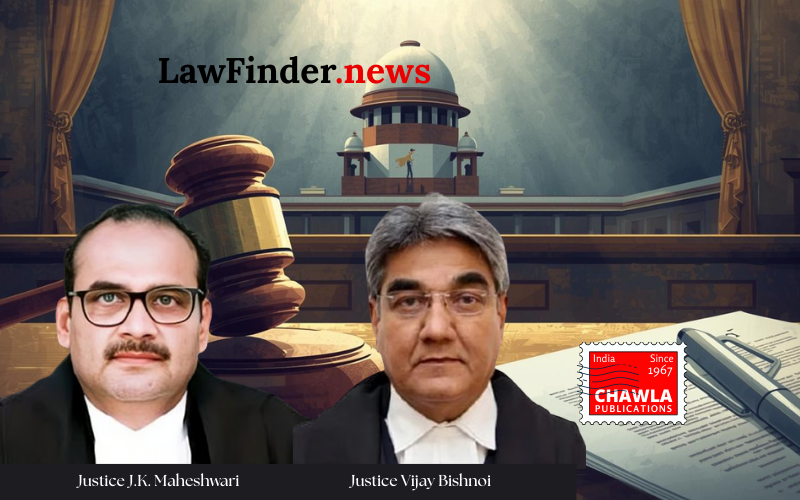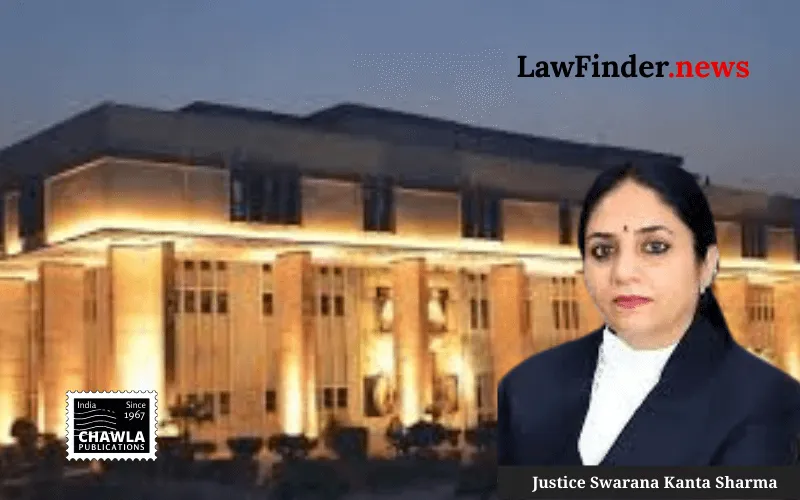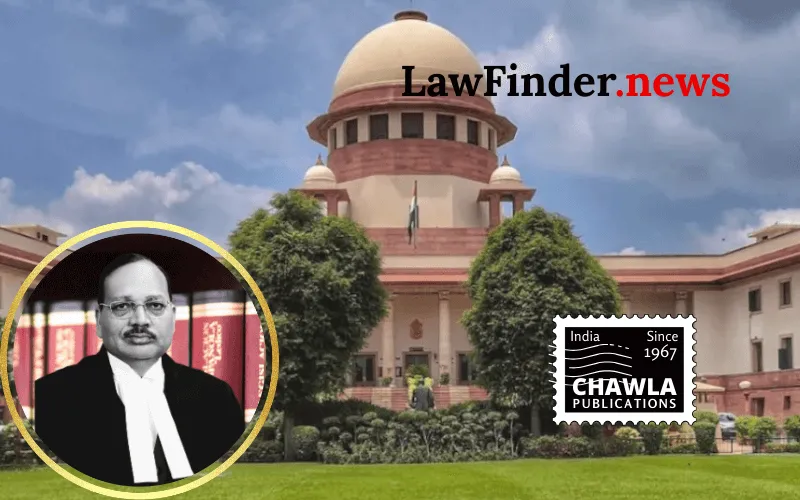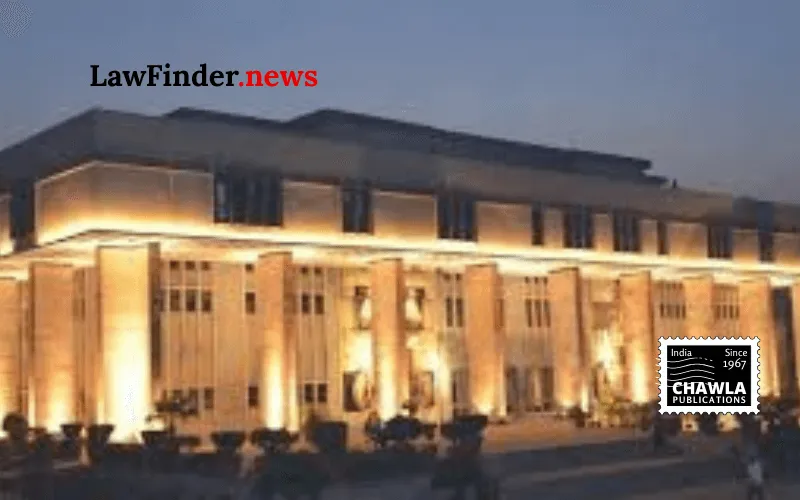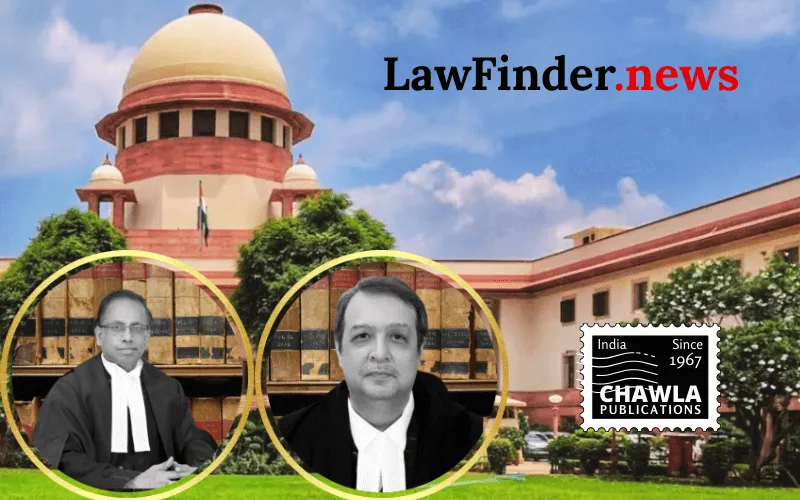Supreme Court Overturns High Court's CBI Probe Order in UP Legislative Council Recruitment Case. Apex Court Criticizes Routine Use of CBI Directions; Emphasizes Need for Exceptional Circumstances
In a significant ruling, the Supreme Court of India has quashed the Allahabad High Court's directive to initiate a Central Bureau of Investigation (CBI) inquiry into allegations of favoritism and manipulation in the recruitment process of the Uttar Pradesh Legislative Council. The apex court emphasized that such directions should be issued sparingly and only under exceptional circumstances.
The bench, comprising Justices J.K. Maheshwari and Vijay Bishnoi, deliberated on a series of appeals challenging the High Court's order, which had converted a special appeal into a suo motu Public Interest Litigation (PIL) and mandated a CBI inquiry. The Supreme Court highlighted that the High Court's decision lacked the necessary prima facie evidence and was based on mere assumptions and doubts.
The controversy began when several petitioners alleged irregularities in the recruitment process for various posts under the Secretariat of the Legislative Council of Uttar Pradesh, advertised in 2020. The petitioners claimed the selection process was arbitrary and collusive. Although the High Court directed a CBI inquiry, the Supreme Court found no substantial grounds for such an investigation.
Citing past judgments, the Supreme Court reiterated that directions for a CBI inquiry must be exercised with caution and only when public confidence in the investigation is critically compromised or when there are national ramifications. The judgment underscored that sweeping remarks or assumptions are insufficient to justify a CBI probe, especially in recruitment-related controversies.
The Supreme Court's decision to set aside the High Court's order ensures that the appeals will be heard on their own merits without the burden of a CBI investigation. The Court also noted that none of the petitioners had sought a CBI inquiry, further questioning the High Court's rationale.
With this ruling, the Supreme Court has reinforced the principle of judicial restraint in directing CBI investigations, preserving the agency's resources for truly exceptional cases. The case now returns to the High Court for further proceedings in alignment with the Supreme Court's guidance.
Bottom Line:
Directions for CBI inquiry should not be issued routinely and must meet exceptional circumstances where public confidence in the investigation is critically compromised or where national ramifications are involved.
Statutory provision(s): Articles 32, 226 of the Indian Constitution; Delhi Special Police Establishment Act, 1946
Legislative Council U.P. Lucknow v. Sushil Kumar, (SC) : Law Finder Doc Id # 2795515
